With students around the world returning to their studies this month, we took a look at this trend in Ethiopia, and the massive improvements made over the past few decades.
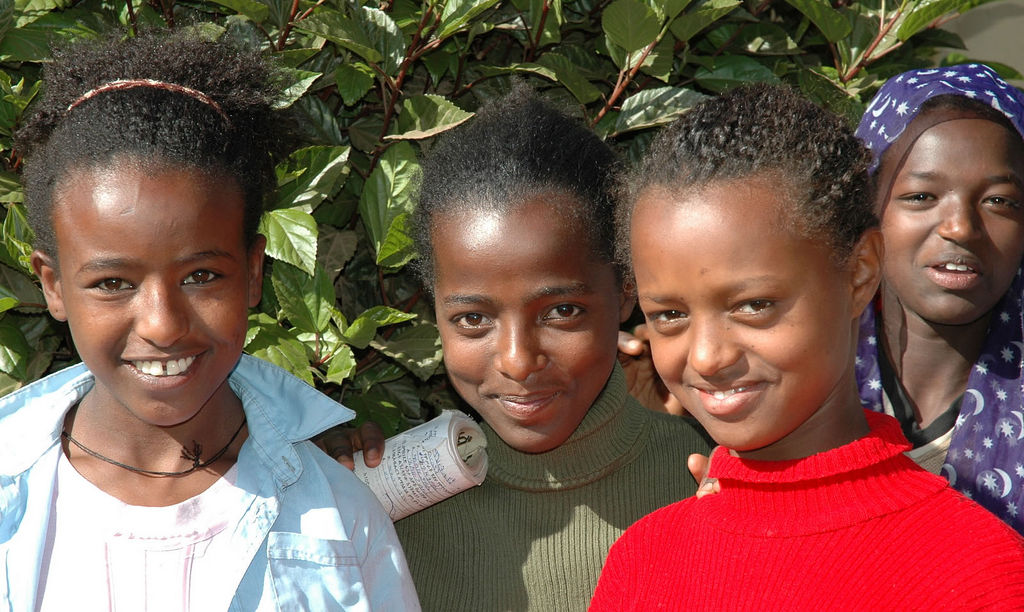
It’s no secret that a well-rounded education is an essential element to the future success of those with the opportunity to learn, and that children whose parents are educated have a much higher chance of success for themselves. The skills learned in a classroom, along with a thirst for additional knowledge, offer a level of adaptability that helps a society adjust to the changing nature of the global economy. For this reason, improving education is among the best investments a country can make in its future, and Ethiopia is a shining example of this.
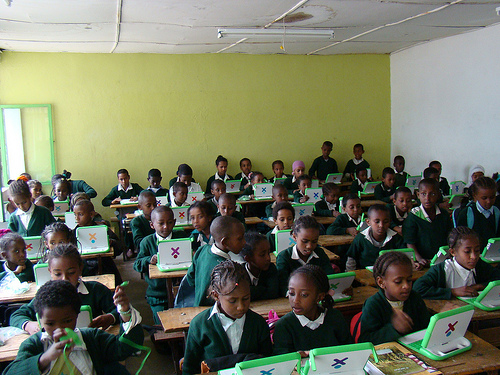
Thanks to the implementation of the Ethiopia General Education Quality Improvement Project, a targeted focus has been placed on improving access to and quality of education in nearly every sector. Since its inception, this project has seen primary school enrollment double (to 90%) in just one decade. Thanks in part to generous grants from The World Bank, substantial investments have been made into curriculum, teacher training, teacher licensing, school inspection and assessment of student learning. These improvements have been instrumental in attracting higher enrollment, and providing quality, standardized teachings to every student.
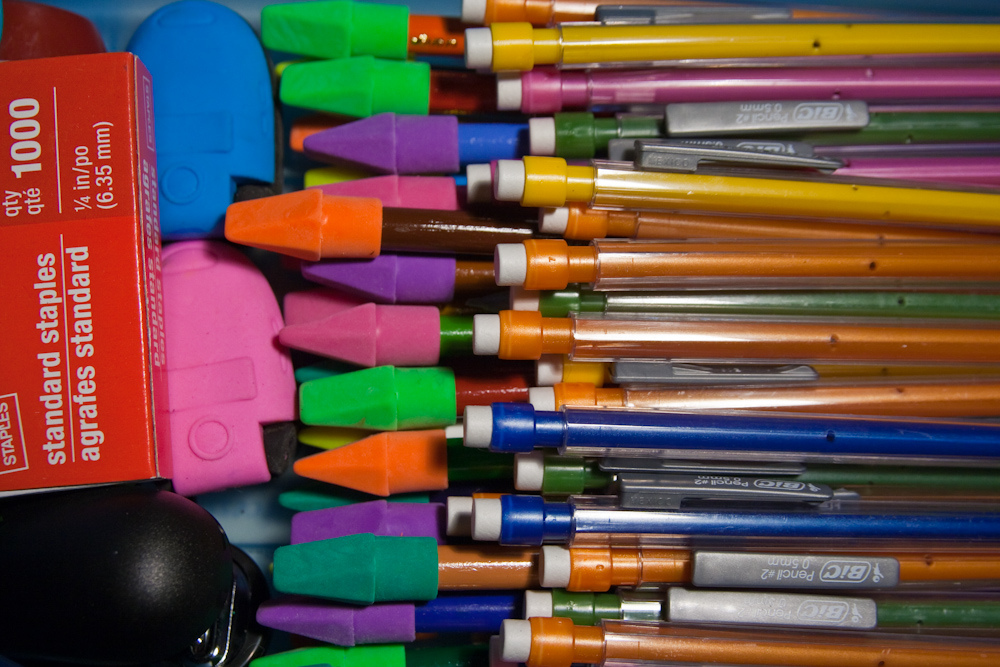
With this grant money, more than 78 million textbooks and teacher’s guides have been developed, printed and distributed to all primary and secondary schools, in addition to the development of more than 120 new textbook titles. In order to ensure that the materials meet the needs of specific regions, the textbooks and teacher guides were developed in several regional languages. This will ensure that all students will receive the same educational standard, regardless of language or location.
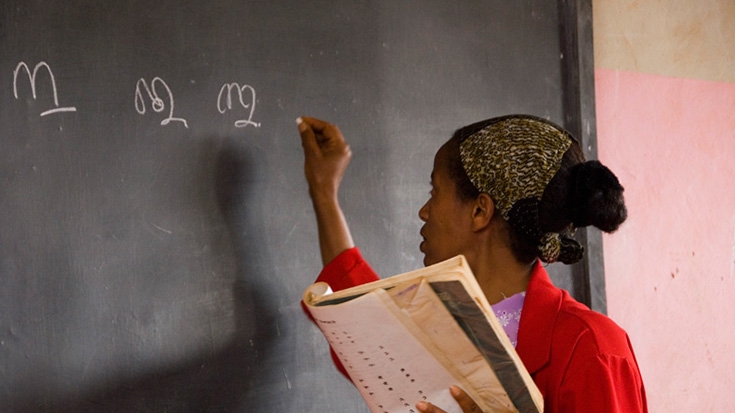
The project is also working to raise the training level of over 92,000 teachers, giving them the training required to lecture on current topics and programs, to best prepare their students for the ever-changing requirements of modern working life. These training courses have the added bonus of drastically increasing diploma-level teachers, with an increase from 3.4% to 43.8% for Grades 1-4, and from 53% to 92% for Grades 5-8. Secondary school teachers with diploma’s also increased from 50% to 91%, representing a massive increase in the quality and consistency in education offered to Ethiopia’s hopeful students.
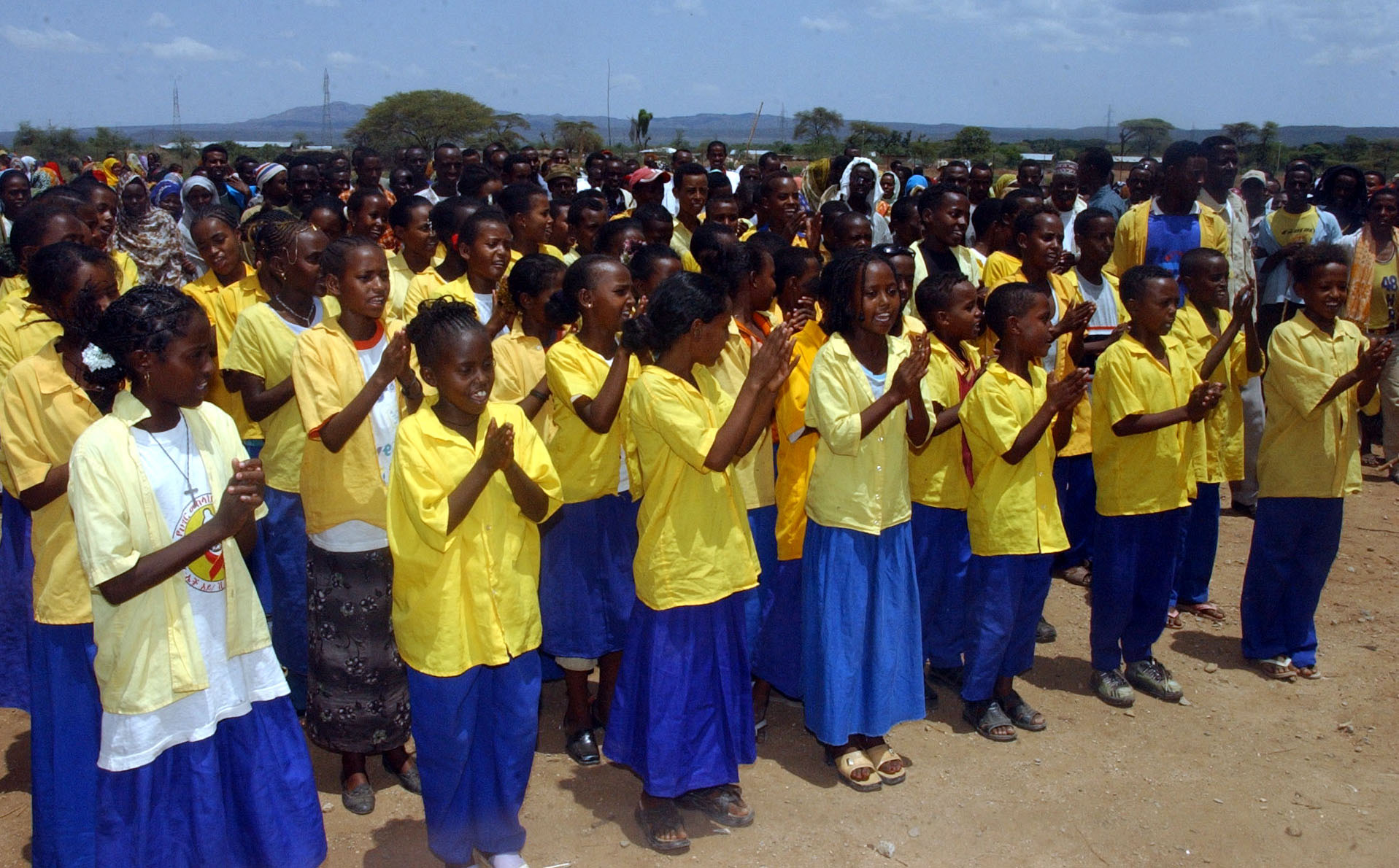
These grants have also gone to much needed infrastructure in 38,000 schools across the country, especially targeting disability accommodations to ensure every student has a fair chance to succeed.
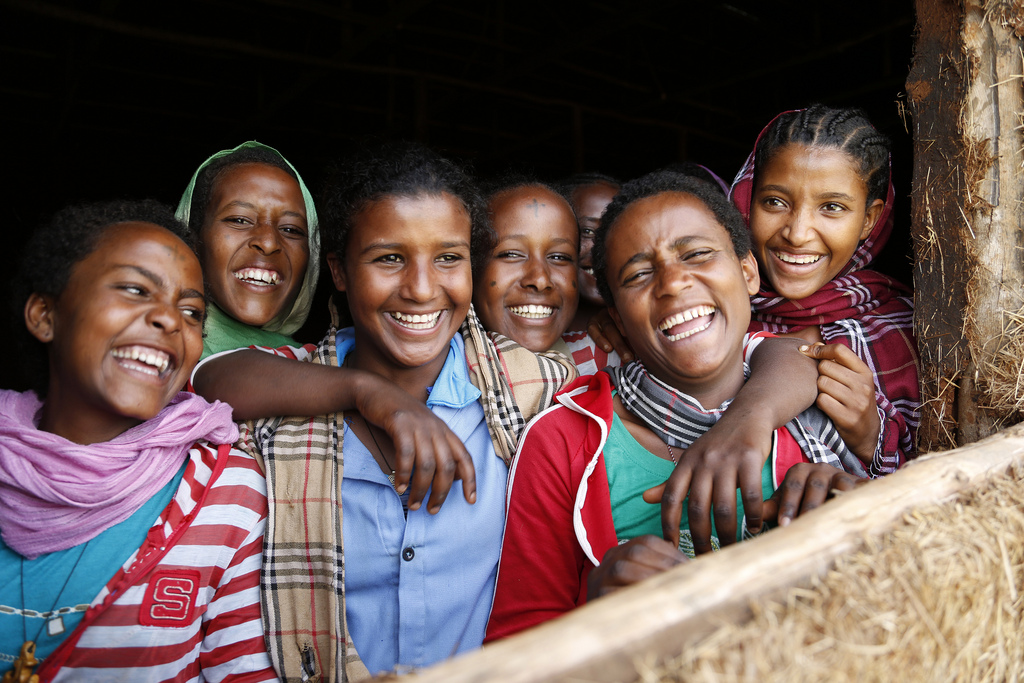
While these improvements are a huge step in the right direction, outside forces can have a negative effect on each student’s ability to attend school. As students approach a certain age, there is a definite pressure to find work to help support their families. Pulling out of school at such a crucial age can hurt their chances of putting their education to good use, so it’s vital that they receive all the encouragement they can get. For this reason, we at Oliberté believe in paying living wages that allow students to focus on studies while their parents work. A focus on education is an opportunity to make the world a better place for those who will one day grow to fill our shoes.





